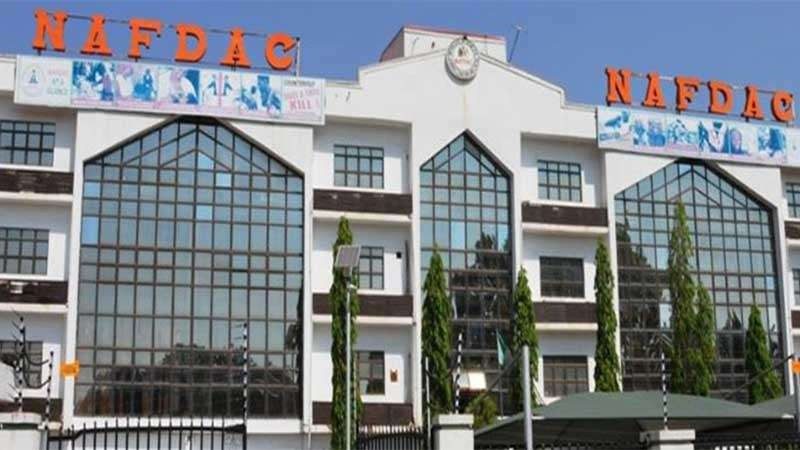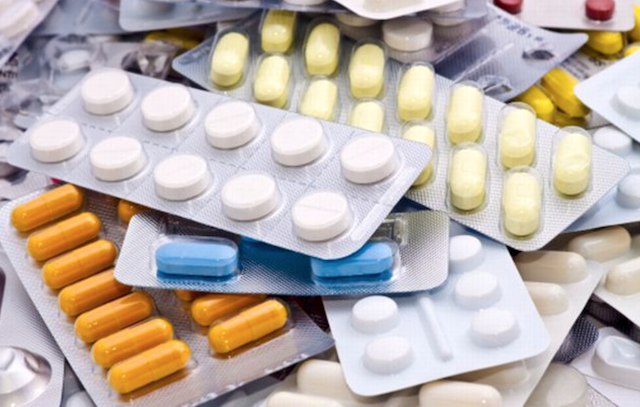The National Agency for Food and Drug Administration and Control (NAFDAC) says it has started a nationwide mop-up of unregistered herbal medicines.
The Director-General of the agency, Prof. Mojisola Adeyeye, disclosed this at a news conference in Abuja on Monday.
She said that the action followed a recent discovery of sale of uncertified, unregistered herbal medicines
by Dr Salisu Sani Nawagini, popularky knwon as Baban Aisha, and others.
Newsmen reports that the agency had on Wednesday, June 14, raided and sealed the production factory of Baban Aisha at Tarf, on Abuja-Kaduna road.
Newsmen also reports that during the raid, a lot of items, including production equipment and raw materials were seized at the production factory of Baban Aisha by NAFDAC, where a woman who stood in for him (Baban Aisha) was arrested.
Adeyeye, therefore, said the agency’s nationwide crackdown is on herbal medicines, especially those not registered with NAFDAC.
She said that Baban Aisha had in 2018 received an application from Sacra Multi-Links Ltd for the registration of Sacra Herb oral liquid for the treatment of pile and associated pains.
The NAFDAC boss said that the registration approval for the product expired on Sept. 12, 2019, which made Baban Aisha to apply for renewal on Aug. 12, 2020 following regulatory audit of the company’s production facility.
She added that after this, compliance directives were issued to the company for non conformers observed in the facility as at the time of visit for which the company was expected to correct.
Adeyeye said that the company however did not correct the lapses observed, Sacra Herb registration licence was not renewed, the agency did not also receive any application for advertisement of the medicine.
She said that instead renewal of registration of the product, the company went beyond bound prescription for the medicine to convince Nigerians that it can also treat waist pains, typhoid, ulcer, toilet infection and others.
The director-general said that social media outburst on the nefarious activities of Sacra Multi Links prompted the
investigation and enforcement directorate of the agency to carry out surveillance and enforcement action which led to sealing of the factory.
She appealed to Nigerians, particularly the vulnerable group, to desist from the use of dangerous herbal preparations.
She reiterated NAFDAC’s determination to ensure that only safe and efficacious medicines, wholesome foods and
quality regulated products are sold and used by Nigerians.
Adeyeye solicited the support of health practitioners, community and religious leaders, the press and other
stakeholder to continue to educate their wards and family members to desist from patronising quacks and
hawkers of medicine on the streets.


